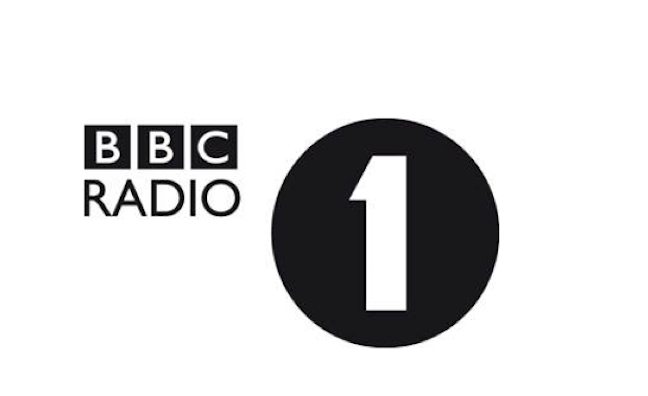Joe Harland, head of visual and multiplatform radio for BBC Radio 1, 1Xtra, Radio 2, 6 Music and Asian Network, has a very big job indeed.
Kicking off the Music Week Tech Summit under the bright lights inside the O2 Arena, he began the day’s opening keynote – devoted to disruption in music tech – by informing the audience that the Evening Standard compared his role to that of “head of stairs in a bungalow”.
That drew the first of many laughs, but Harland’s speech quickly dispelled the idea. Jokes about visions of the future inspired by Blade Runner and The Matrix soon gave way to Harland’s first big takeaway: that radio is a huge player in the modern, ever-changing worlds of music and tech.
“Radio was not supposed to survive,” he said, before hitting play on a video of a reel of his organisation’s recent best bits that stretches from Harry Styles and Nick Grimshaw, through to social issues, K-Pop and technology.
Next, he introduced pixelated footage of an Ibiza sunset in 2000, Radio 1’s first foray into video. Years later, the station’s first viral video was an animated interpretation of Elbow covering Destiny’s Child the Live Lounge. Harland said it marked the first time he learned that “the audience are the disruptors”.
“The audience make their own path,” he continued, “Our job is to say, do we pave over it or not.”
Harland painted BBC Radio as an overtly reactive machine, always in tune with its audience, data and the rest of the tech world. He reminded us that two days after first playing Korean pop sensations BTS, Radio 1 went to their homeland to meet the band and continue the story.
Data is the most important thing we look at
Joe Harland
He then went on to list a raft of companies whose work is in the process of disrupting music technology, Endel, Gimme Radio and Primephonic. He also heaped praise on LinkUp TV’s recent film work.
Then, as Harland’s slideshow raced towards its end, we learned the principles that form the bedrocks of his work: “Experimenting, learning, if you can’t be first, be the fast second, know data and practice what you preach”.
“Data is the most important thing we look at,” he said, before informing the crowd that “the world’s biggest hip-hop fan” lives in Bangui in the Central African Republic. “We know that because every hip-hop video we post is viewed 400% by one IP address there,” said Harland with pride.
He also stressed the importance of knowing “other people’s data as well as your own” and pointed out that the BBC “doesn’t have the hubris to say ‘The audience doesn’t understand it’ when a piece of content performs worse than expected.
In closing, Harland told the room that he believes “We haven’t yet seen the cutting edge of the disruption we’re likely to see,” and looked forward to an exciting future.
The Music Week Tech Summit is up and running in some style.








